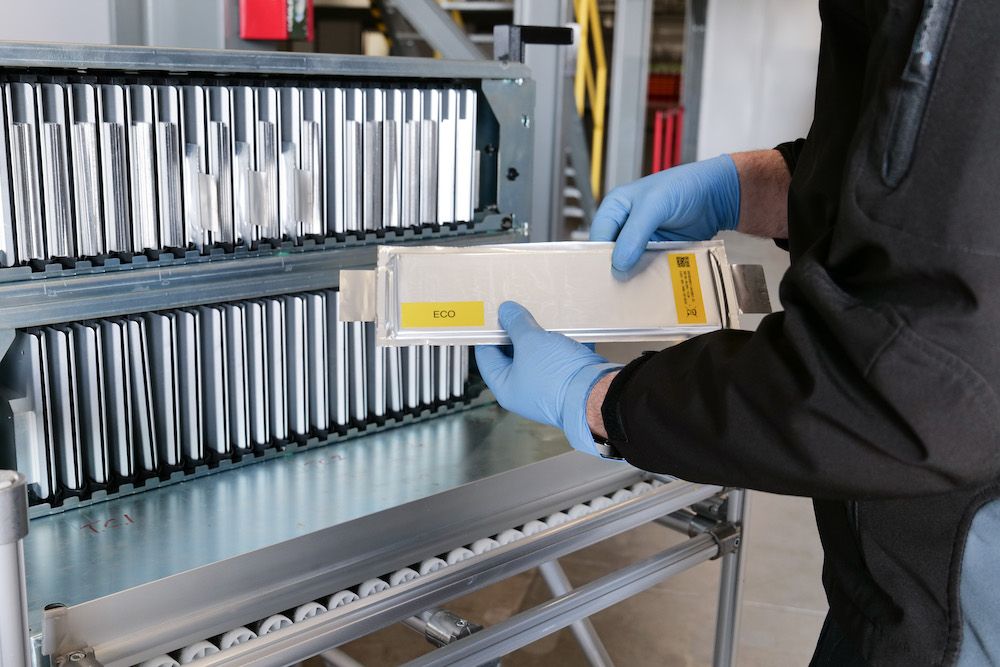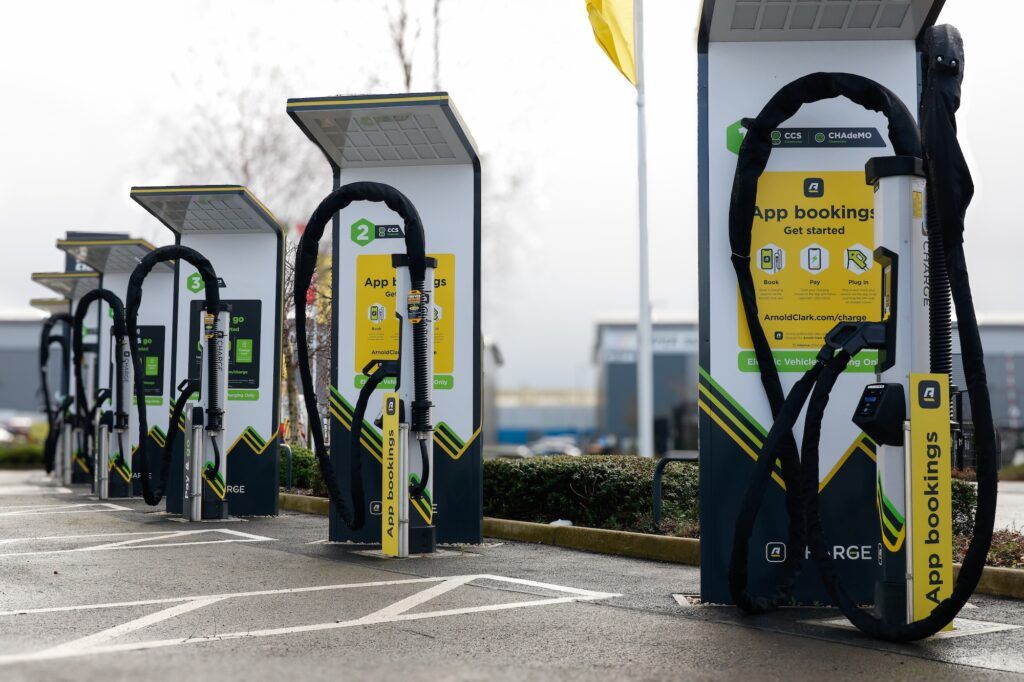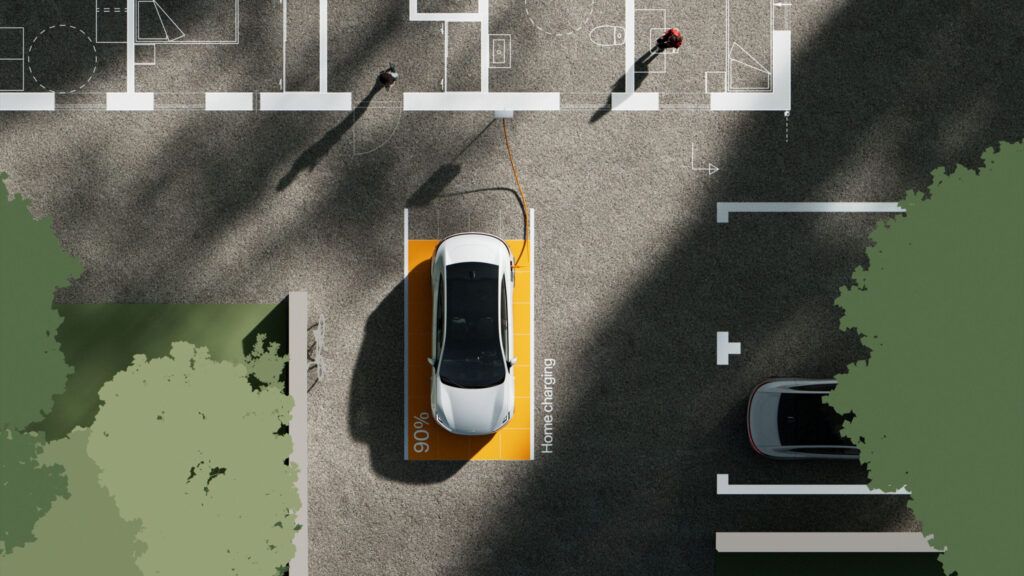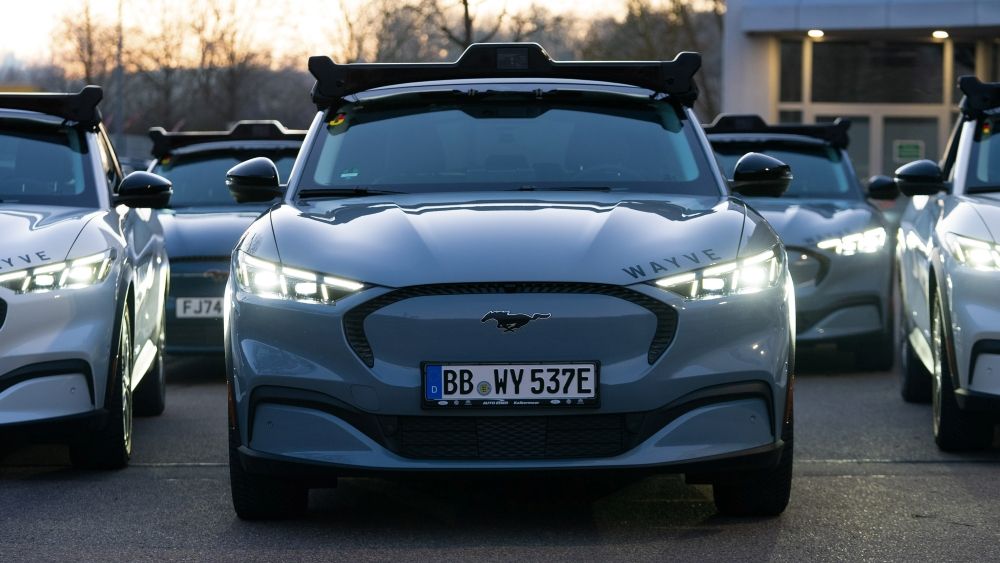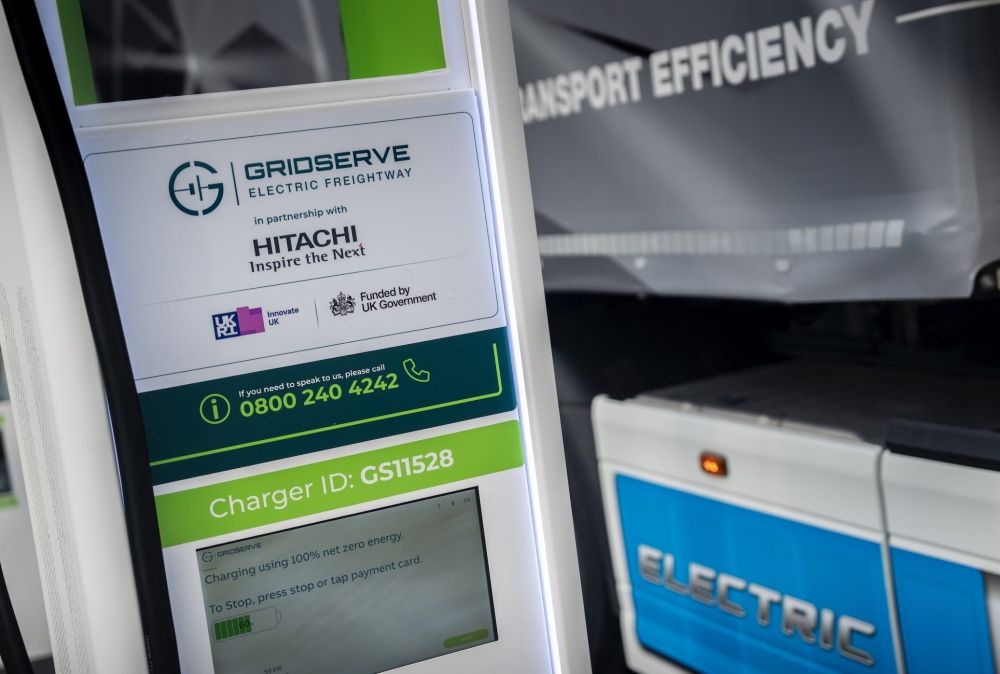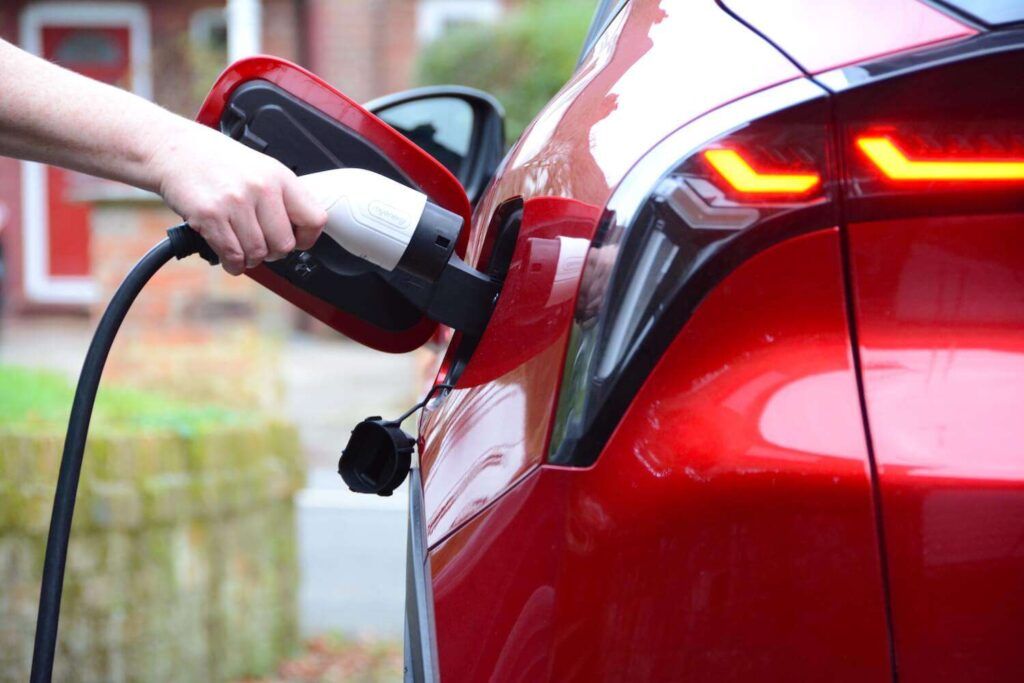UK-based clean tech firm Altilium has announced initial tests results for the first industrial scale assembly of EV battery cells manufactured with its recycled materials at the UK Battery Industrialisation Centre (UKBIC).
In what it describes as a “major breakthrough” for the development of sustainable battery materials, electrochemical testing of the cells demonstrated comparable performance with cells made from conventional primary materials. This result showed the potential of recycled cathodes as a viable alternative to mined metals.
The large-scale cell assembly trials also revealed a high degree of equivalency in the manufacturability of Altilium’s EcoCathode material compared to commercially available material – with “no evidence of issues” throughout the manufacturing process.
The pouch cells were manufactured at UKBIC’s facility in Coventry using Altilium’s recycled EcoCathodeTM NMC 811-2036 CAM, produced at its recycling facilities in Devon.
The process has now been proven to yield recovered cathode materials which offer high manufacturing consistency and electrochemical performance, in addition to environmental benefits and economic value.
Initial electrochemical testing of the cells produced at UKBIC has demonstrated that Altilium’s EcoCathode materials have the potential to be reintegrated into battery production with less than 1% variation compared to a commercial benchmark across key performance metrics.
Cathode materials are critical components in lithium-ion batteries, and their performance is based on key metrics, including energy density, first cycle loss and cycle life. These metrics relate to the overall performance of the cell ans cost for manufacture per KWh.
Altilium’s Ecocathode material compared favourably against the commercial benchmark material across initial formation behaviour – attaining a similar first cycle loss, impedance and initial cycling behaviour.
Process testing at UKBIC also demonstrated high levels of equivalency between the typical unit operations used for the assembly of commercial batteries. Altilium’s EcoCathode material was shown to be processable under similar conditions across the manufacturing process, through mixing and coating formation and initial testing.
Dr Christian Marston, Altilium co-founder and COO, said:
“These results mark a pivotal moment for battery circularity in the UK. For the first time, we’ve demonstrated that battery grade EV cells can be manufactured at scale using recycled materials – with no compromise on quality or manufacturability.
“Our EcoCathodeTM technology offers a viable, low-carbon alternative to mined materials and is now proven to work in real-world battery production. This is a major step toward a domestic, sustainable battery supply chain.”
Richard LeCain, UKBIC’s Chief Technology Officer, added:
“We’re thrilled with the initial results of these tests. This groundbreaking project marks the beginning of a journey that could reduce the UK’s dependence on imported materials and open up a new market for recycled batteries.
“We’re excited to continue collaborating with Altilium as they drive this innovative project forward.”
The battery cells will now undergo comprehensive validation studies with a leading automotive OEM, supporting their regulatory and sustainability targets.
Under the EU’s Battery Regulations, new EV batteries sold into the EU will need to contain minimum levels of recycled lithium, nickel and cobalt from 2031, with further increases in 2036.
Image courtesy of Altilium




